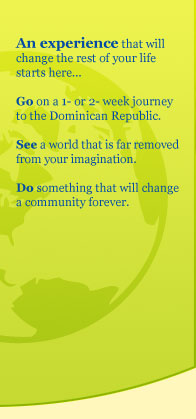
Of Peacemaker and Do-Gooders
By: Ellen Goldfinch
Last Monday, at 3:00 A.M., the library of United Talmud Torahs school in Montreal was set on fire. Later that day, the Canadian Islamic Association sent a communique of solidarity to the Montreal Jewish community, "It is sad to hear that the hate-crime wave that devastated our two communities last month in Toronto, is now spreading to Montreal. We will continue working, first to educate the public that hate crimes are crimes against humanity; secondly to ensure that our institutions are protected."
In another message, Muslim Council of Montreal (MCM), president Salam Elmenyawi stated, "There must be zero tolerance toward all forms of hate and intolerance in our city. I call on Montrealers to work against all forms of racism and intolerance and to speak out against all forms of bigotry and hatred... Everyone is hurt when these types of actions take place."
Some people may scoff that talk is cheap but in these times, talk is better than bullets and dialogue has the hope of healing rifts that are already being widened by bombs, assassinations and other acts of revenge. We need peacemakers right now because soldiers are making a bigger mess of things than I've witnessed in my lifetime. We also need people who are willing to do more than just talk.
Three weeks ago, I was in the Dominican Republic getting my first taste of how awful Third World poverty can be. I see a connection between people who try to do some good in this world where situations seem to be hopeless. Jana Amelingmeier of Crossroads works to provide homes, free medical care and feeding programs to the poor in the Puerto Plata area. Many of these people are illegal Haitian immigrants who are welcome to harvest sugar cane, a job that is so arduous and poorly paid that no Dominican wants to do it. Other than that, the Haitians are not entitled to send their children to school or benefit from those services that Dominican citizens might.
Many of the communities that Jana's group serves are very isolated and the people have no means of transportation because they simply can't afford a motor bike. Crossroads goes to the dump that people pick through in order to find items to sell to bring milk, free clothing and hygiene products and food at cost. Jana tells me that she would love to see such a program in other isolated villages giving the food that people need to keep them going and help fight off disease. She also says that these people can't afford aspirin, let alone the expensive penicillin that is necessary to fight off the infections that are so common due to their living standards. They are always in need of donations of medicine, clothing and money for their food-at-cost program. The group of eight schools that I travelled with (our own Bishop's College School was one) raised enough money to assist Crossroads in building a school but sponsors are needed to help with the purchase of school supplies, uniforms and the hiring of teachers.
Before going on this trip, I discovered how hard it is to approach people and ask for money for a good cause. Iím still at a loss. Do I contact local churches? What about the French press? Why should people support the poor in the Dominican Republic when there are so many in need on our own doorstep? Why should we support an elementary school library in Montreal when we have libraries that need funding right here in the Eastern Townships?
Blessed are the peacemakers and do-gooders of this world. They're in the process of answering these questions every day, doing something about it and they're asking us to join them.











